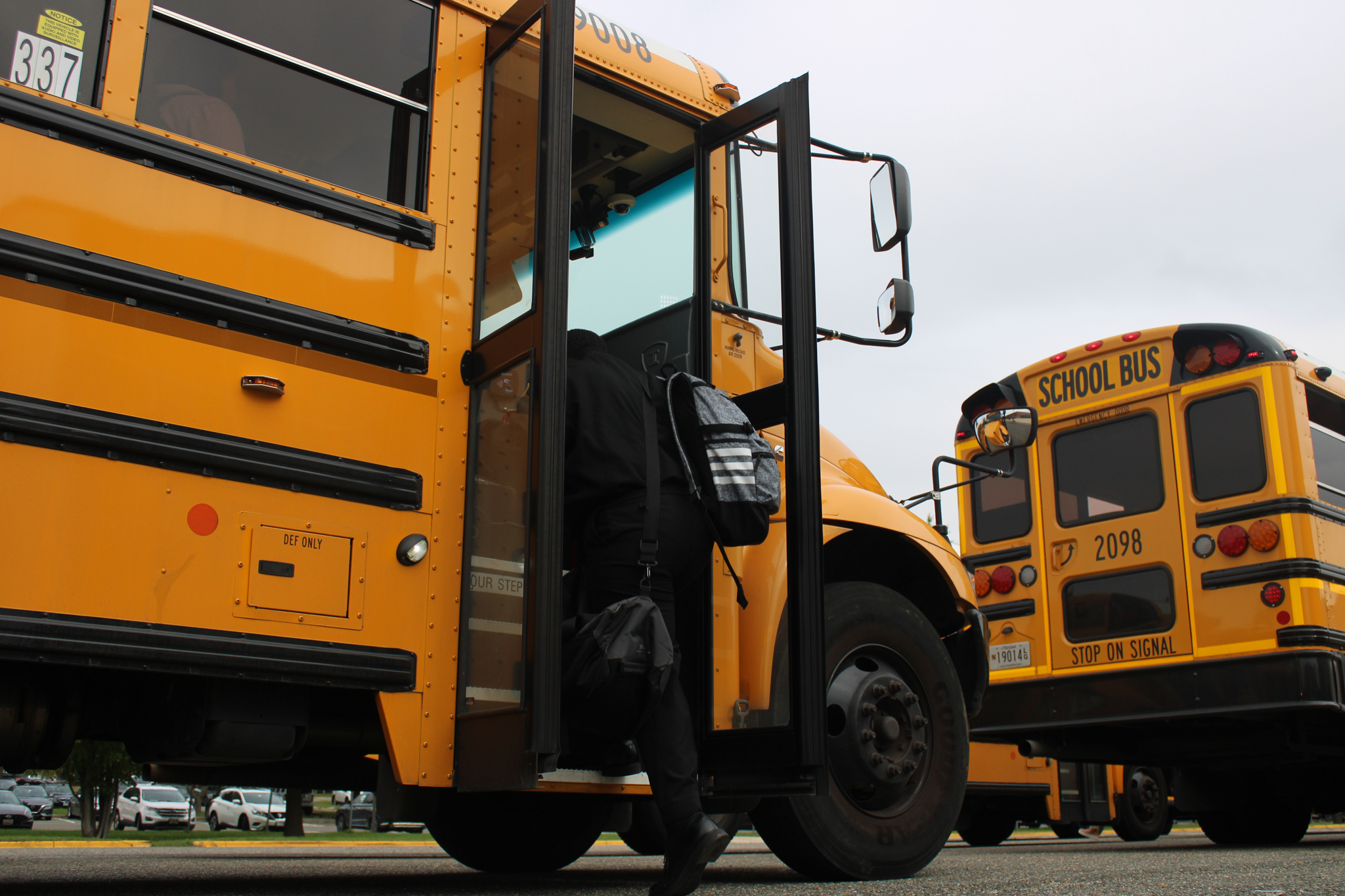A proposed Maryland General Assembly bill would provide free breakfast and lunch for all students in the state, regardless of their socioeconomic status.
Currently, eight states in the country provide free school meals for all students without taking their socioeconomic background into account. The proposed bill, which has more than 60 sponsors in the state’s House of Delegates, would allocate funding for every school district in the state to provide students with two free meals a day.
While current programs help provide free or subsidized meals for students based on their socioeconomic status, Del. Julie Palakovich Carr (D-Montgomery), one of the bill’s sponsors, emphasized that they do not go far enough in solving food insecurity across the state.
“We just know that families everywhere are struggling and it’s great that we offer free meals to some kids now, but the program really just does not cover anywhere near enough families who struggle each day to feed their kids,” Carr said.
Currently, the Maryland Meals for Achievement program provides free breakfast to schools in the state where 40 percent of students qualify for free or reduced-price meals. Elementary schools are also exempt from these requirements to provide free meals if less than 15 percent of their students are eligible for free or reduced-price meals.
[Maryland General Assembly discusses bill to legalize medical aid in dying]
Despite these measures, nearly one in eight students in Maryland are facing food insecurity, according to Feeding America, a nonprofit aimed at reducing food insecurity across the country.
Del. Adrian Boafo (D-Prince George’s), one of the bill’s co-sponsors, said he supports the bill because having access to healthy food options has been shown to benefit students in the classroom.
“Research [shows] that improved nutrition increases academic achievement, standardized test scores, cognitive functioning, improves attendance [and] behavioral outcomes,” Boafo said. “More importantly, it also improves overall health.”
Congress passed a temporary measure in 2021 to make breakfast and lunch free for students during the COVID-19 pandemic. The measure resulted in 98.8 percent of school lunches being free during the 2021 fiscal year, according to USAFacts analysis. But since it expired in 2022, many families have returned to paying for school meals.
[Maryland legislators aim to ban legacy admissions post-affirmative action]
Heaven Jordan, the program associate for the Prince George’s County’s Food Equity Council — an organization aimed to improve food equity and access in the county — said she supports the measure due to its potential impact in Prince George’s County, which has one of the highest rates of food insecurity in the Washington, D.C., area, according to a 2022 Hunger Report by the Capital Area Food Bank.
“[This bill] is an easy way for us to fill that gap,” Jordan said.
But one of the barriers to the proposed legislation is its cost, which is expected to cost the state $180 million annually. Similar bills have been proposed in previous years, Carr said, but the price has been the primary challenge to its passage.
“I think everybody’s on board with the idea [that] we should be feeding kids,” Carr said. “The barrier has been the cost of the legislation.”



